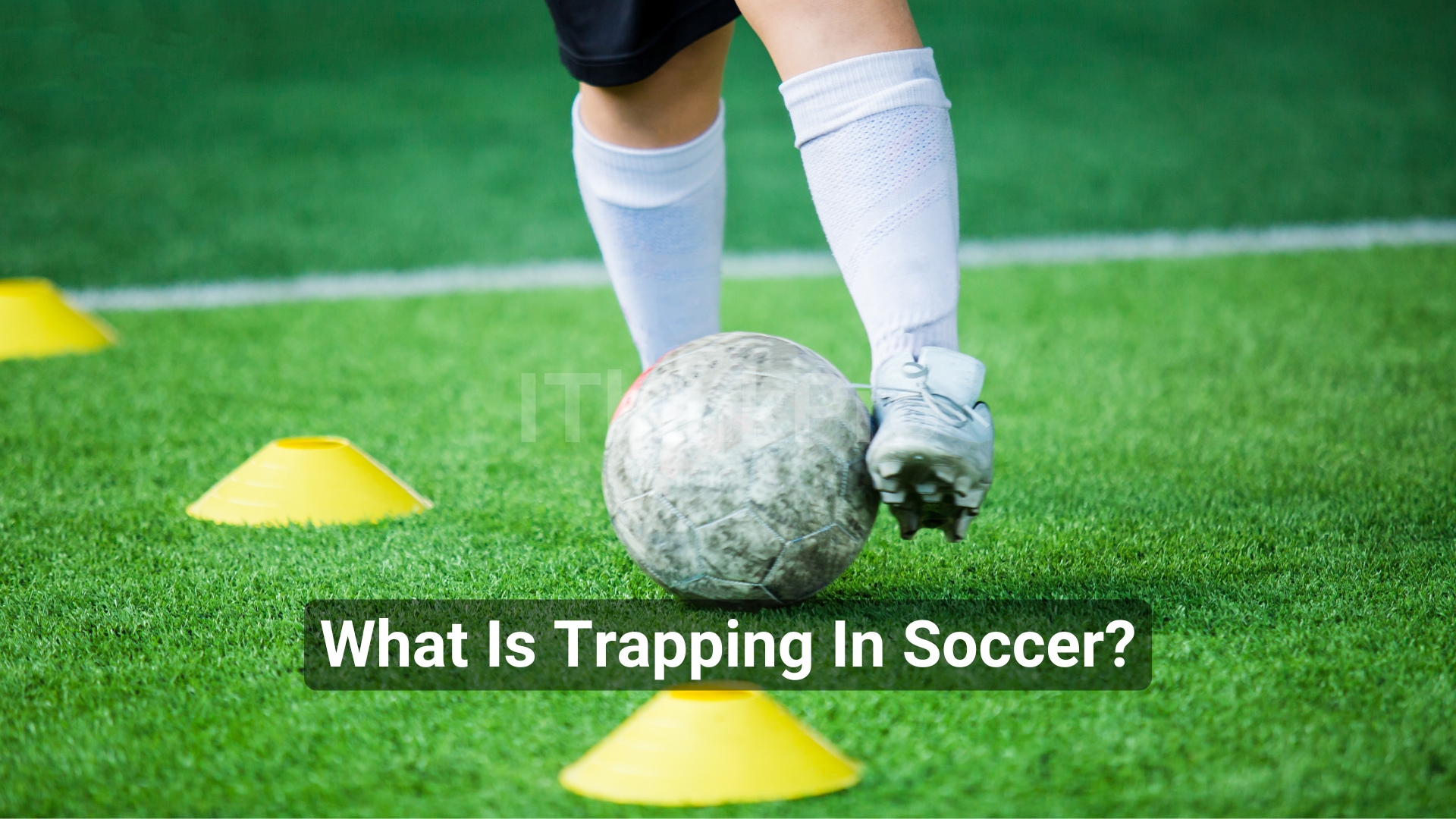Introduction
Hello Champ!
Improving basketball skills often requires regular practice and a team to train with. However, finding a group of players to practice with consistently can be challenging, leaving many wondering how to improve independently.
The good news is that practicing basketball alone can be highly effective with the right techniques and dedication. By focusing on individual drills and specific areas of improvement, players can make significant progress without needing a team.
In this article, we will delve into effective strategies and drills on how to practice basketball alone, ensuring you can enhance your skills, boost your confidence, and enjoy the game to the fullest.
Preparing for Solo Practice
Setting Goals for Your Practice Sessions
When practicing basketball alone, setting clear goals is crucial. Determine what you want to achieve in each session, whether it’s improving your shooting accuracy, enhancing your dribbling skills, or increasing your stamina. Specific, measurable, attainable, relevant, and time-bound (SMART) goals can help keep you focused and motivated.
Choosing the Right Equipment
Investing in the right equipment can make your solo practice sessions more effective. Essential items include a good-quality basketball, a reliable hoop, and appropriate footwear. Additionally, consider tools like a ball return system or a shooting aid to maximize efficiency.
Finding a Practice Location
Selecting a suitable location is key. Whether it’s a local park, a school gym, or your driveway, ensure the area is safe and has enough space for you to move freely. A well-maintained court with clear markings will help simulate game conditions and enhance your practice experience.
Warm-Up and Conditioning
Importance of Warm-Up Exercises
Warming up before practice is vital to prevent injuries and prepare your body for intense physical activity. A proper warm-up increases blood flow loosens muscles, and enhances flexibility, making you less prone to strains and sprains.
Effective Warm-Up Drills
Start with light jogging or skipping to get your heart rate up. Incorporate dynamic stretches like leg swings, arm circles, and torso twists. Follow up with basketball-specific drills such as dribbling around cones or performing layups to engage the muscles you’ll use during practice.
Conditioning Drills to Improve Stamina
Conditioning is essential for maintaining performance throughout a game. Include drills like sprint intervals, shuttle runs, and ladder drills to build endurance and agility. These exercises improve cardiovascular health and ensure you stay quick on your feet during games.
Fundamental Skills to Practice Alone
Dribbling Drills
Practicing dribbling can significantly improve your ball-handling skills. Start with basic drills like stationary dribbling, switching hands, and dribbling in figure eight. Progress to more advanced drills such as dribbling through cones, performing crossover moves, and practicing with your non-dominant hand.
Shooting Drills
Shooting accuracy is critical in basketball. Begin with close-range shots and gradually move to mid-range and three-point shots. Drills like “Around the World” and “Spot Shooting” can help improve your precision. Incorporate free throw practice to enhance your scoring ability under pressure.
Passing Drills
Although passing is typically practiced with a partner, you can still work on it alone. Use a wall to practice chest passes, bounce passes, and overhead passes. Focus on your form, ensuring each pass is accurate and has the right amount of force.
Specialized Drills for Solo Practice
Rebounding Drills
Rebounding is an essential skill that can be practiced solo. Shoot the ball against the backboard and work on grabbing the rebound. Focus on timing your jumps and positioning yourself correctly. You can also practice tip-ins and put-backs to improve your offensive rebounding.
Defensive Drills
Defensive skills are crucial for preventing your opponent from scoring. Practice defensive slides to improve your lateral quickness. Use cones to simulate an opponent and work on maintaining a low stance and quick footwork. Shadowing imaginary players can also help enhance your defensive positioning.
Footwork Drills
Good footwork is the foundation of effective basketball play. Practice pivoting, jab steps, and drop steps to improve your agility and balance. Ladder drills and cone drills can help refine your footwork, making you quicker and more efficient on the court.
Developing Basketball IQ
Studying Game Footage
Watching game footage is an excellent way to enhance your basketball IQ. Analyze professional games to understand different strategies and plays. Pay attention to player movements, defensive setups, and offensive executions. Learn from the best to improve your decision-making on the court.
Learning Plays and Strategies
Even when practicing alone, you can learn and rehearse various plays and strategies. Study different offensive and defensive formations. Use markers or cones to simulate player positions and practice executing plays. Understanding these strategies will make you a more versatile and intelligent player.
Tracking Progress and Setting Milestones
Keeping a Practice Journal
Maintaining a practice journal helps you track your progress and stay accountable. Record your goals, drills, and outcomes after each session. Reflect on what went well and what needs improvement. This practice will help you identify patterns and make necessary adjustments to your training.
Using Technology and Apps
Leverage technology to enhance your practice sessions. Apps like HomeCourt and DribbleUp provide interactive drills and feedback. Use video analysis tools to review your form and technique. These resources can offer valuable insights and help you fine-tune your skills.
Staying Motivated and Overcoming Challenges
Staying Consistent with Practice
Consistency is key to improvement. Establish a regular practice schedule and stick to it. Even on days when motivation is low, remind yourself of your goals and the progress you’ve made. Consistent practice will yield significant long-term benefits.
Overcoming Common Obstacles
Practicing alone can be challenging, but overcoming these obstacles is possible. Set small, achievable goals to keep yourself motivated. Vary your drills to prevent boredom. Remember, every practice session brings you closer to your ultimate goal of becoming a better basketball player.
Conclusion
Practicing basketball alone can yield significant improvements with the right strategies. Setting clear goals, choosing proper equipment, and finding a suitable practice location are crucial first steps. Warming up and conditioning your body helps prevent injuries and enhance performance. Focus on fundamental skills such as dribbling, shooting, and passing, and incorporate specialized drills for rebounding, defense, and footwork. Developing your basketball IQ through studying game footage and learning plays is essential for smarter gameplay. Keeping a practice journal and using technology aids in tracking progress and staying motivated. Overcoming challenges and maintaining consistency are key to achieving long-term success. By following these guidelines, you can significantly enhance your skills and performance on the court.
For more helpful information about basketball and other sports-related topics, explore our website.
FAQs
Q1. What are some effective dribbling drills to practice alone?
Effective solo dribbling drills include the stationary crossover, figure-eight dribbling, and cone drills. These exercises help improve hand-eye coordination, ball control, and agility.
Q2. How can I improve my shooting accuracy when practicing alone?
Focus on consistent form, use target practice like aiming for specific spots on the hoop, and practice shooting from different positions. Repetition and proper technique are key to improving accuracy.
Q3. What equipment do I need for solo basketball practice?
Essential equipment includes a quality basketball, a hoop, cones or markers for drills, and a reliable pair of basketball shoes. A practice journal or app can also help track progress.
Q4. How can I stay motivated to practice basketball alone?
Set clear, achievable goals, vary your drills to keep sessions interesting, and track your progress. Watching inspirational basketball footage and maintaining a consistent practice schedule can also boost motivation.
Q5. What are some good conditioning drills for solo practice?
Effective conditioning drills include sprints, shuttle runs, and jumping exercises like box jumps. These drills improve stamina, agility, and overall fitness, essential for high-performance basketball play.











